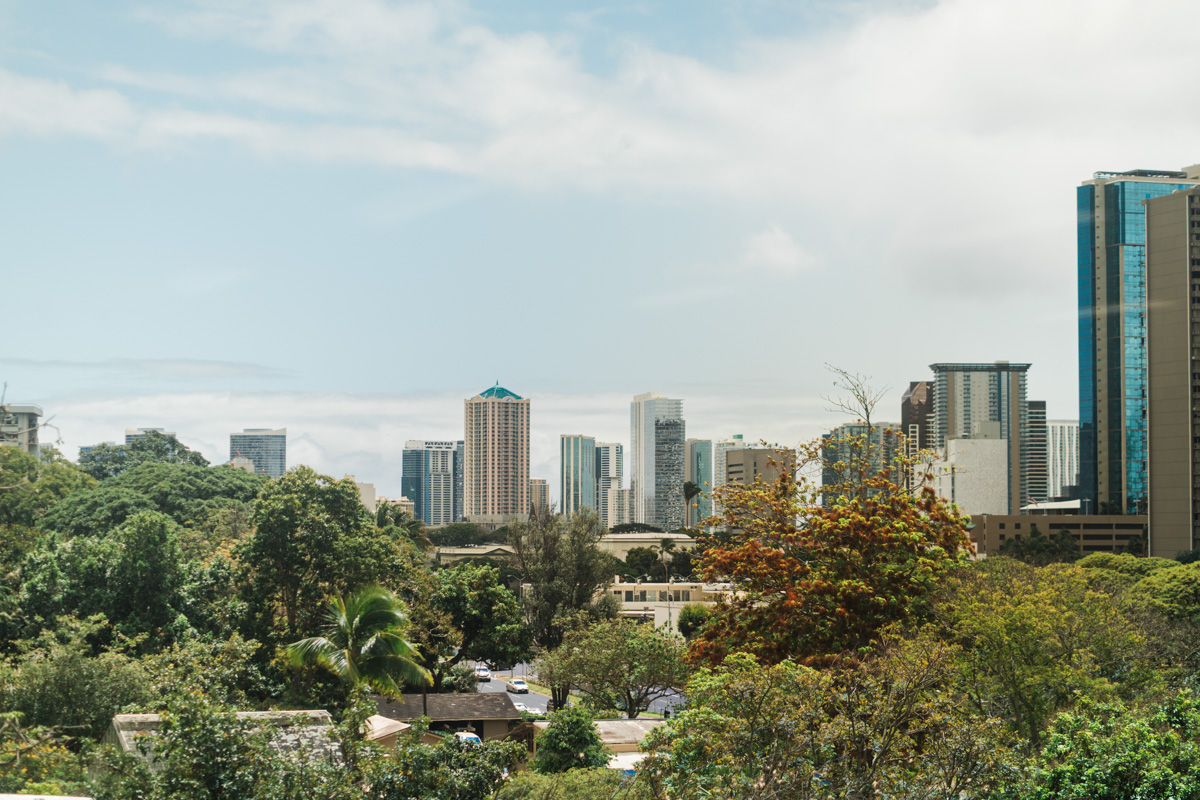Advocating for Positive Change
AUW proactively engages with policymakers and stakeholders to highlight priority issues that matter most to our community with the mission to create a stronger, more equitable Hawaiʻi.

Our Approach to Advocacy
At Aloha United Way, advocacy is at the heart of our mission. We believe that by working collaboratively with our nonprofit partners and engaging across sectors, we can influence policy and drive meaningful change in our community. Through strategic partnerships and alliances, we amplify our collective voice and bring greater visibility to the challenges facing our residents.
Together, we can advocate for a healthier, more educated, and financially stable Hawaiʻi. Join us in championing the causes that matter most and making a lasting difference in our community.
Involvement
As a trusted leader in advocacy, Aloha United Way is committed to crafting and supporting long-term solutions. Our nonpartisan, inclusive approach ensures that we address community needs without ideological bias.
By leveraging our extensive relationships and convening power, we unite diverse allies to create a greater impact.
We are committed to providing leadership in active and visible support of our advocacy work. Both AUW staff and volunteers will lend themselves to work with partners and use resources for outreach, education, and submission of testimony.

Advocacy Newsletter
During the legislative session, Aloha United Way will provide updates and opportunities to support advocacy work. If you are interested in receiving updates, providing testimony, or assisting with education and outreach efforts please join our Advocacy Newsletter list here.
Advocacy and Public Policy Priorities
Aloha United Way policy agenda is strategically aligned with advancing the health, education, and financial stability in our community. The 2024 AUW Advocacy and Public Policy Agenda can be organized in the following areas:
Advocacy Focus Areas for ALICE:
Affordable Housing
- Advocating for measures that would increase accessible, safe and affordable housing
- Increase the stock of affordable housing for residents in a range of income levels; including measures to modify zoning and permitting regulations
- Development and rehabilitation of affordable housing for residents and measures that limit the use of housing stock for non-resident investment and short-term rental units
- Develop pathways to homeownership specifically for households at or below the ALICE Threshold
- Support fund development to rehabilitate existing homes and help current owners remain housed
- Limit or cap property tax increases for kūpuna and long-time owner-occupants
Increased Financial Stability & Equity
- Expand living wage income opportunities and/or reduce household costs
- Support savings, matching, and asset-building programs
- Increase minimum wage to meet or exceed ALICE Threshold
- Combat predatory lending and increase access to equitable financial services and credit
- Expand resources for households facing unmanageable debt, such as debt relief resources and household safety-net supports
- Provide statewide access to paid family leave and paid sick leave
- Reduce tax burden on households for essential goods and services
- Develop broader safety net supports to mitigate short-term setbacks and emergencies for households ALICE and below Increase funding for Emergency Food and Shelter (EFSP), Voluntary Income Tax Credit (EITC), Supplemental Nutrition Assistance (SNAP) and dependent Tax Credit programs
- Shift the tax burden away from ALICE and low-income households
Childcare and Early Education
- Expand universally available preschool and public preschool seats
- Reduce childcare costs and increase access to affordable, quality childcare
Workforce Development
- Enhance workforce development opportunities in Hawaiʻi and develop career pipelines that provide wages above the ALICE Threshold
- Development of programs to assist ALICE Households in accessing and affording the cost of post-secondary education
- Expand and diversify dual-credit and credentialing opportunities
Mitigate Benefits Cliffs
- Eliminate or mitigate impact of “Benefits Cliffs” means or earning tests that cause large drops in benefits due to minor increases in earnings
- Develop bridge programs that transition households through potential benefits cliffs and support economic mobility
Community Wellbeing
- Increase investment in programs that support active and healthy aging
- Expand access to timely mental health services and supports
AUW Advocacy Focus Areas for Safety Net:
- Provide for continuity and increased funding for:
- Emergency Food and Shelter (EFSP)
- Voluntary Income Tax Assistance (VITA)
- Earned Income Tax Credit (EITC)
- Supplemental Nutrition Assistance (SNAP)
- Child Tax Credit (CTC) programs
- Increases in the rate for the Low Income Tax Credit via a non-contiguous cost of living index
AUW Advocacy Focus Areas for Community Based Organizations:
- As a member of the True Cost Coalition, advocate for government contracts to cover the full cost of providing essential community services
- Preserve and expand charitable giving tax incentives
Aloha United Way policy agenda is strategically aligned with advancing the health, education, and financial stability in our community. The 2026 AUW Advocacy and Public Policy Agenda can be organized in the following areas:
